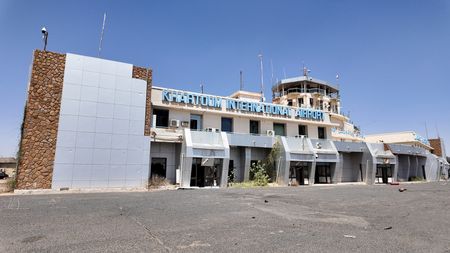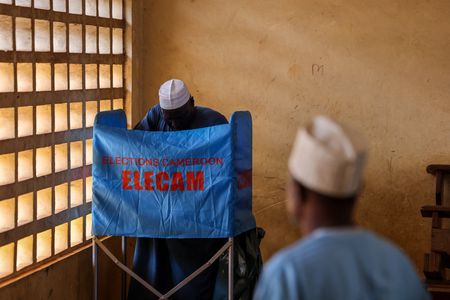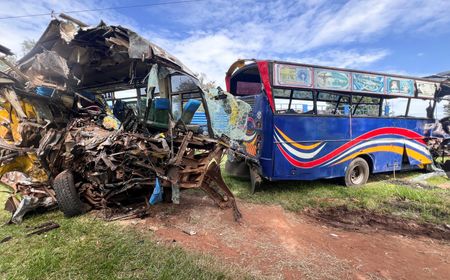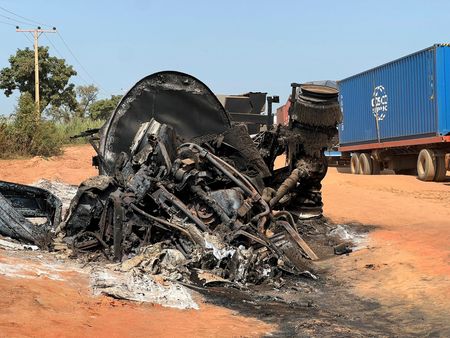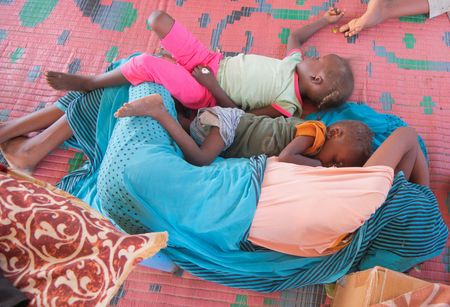(Reuters) -The planned reopening of Sudan’s main airport in Khartoum after a two-and-a-half year shutdown was delayed on Wednesday after drone attacks in the morning and on Tuesday, an airline source told Reuters.
The airport in the center of the Sudanese capital was targeted at the very start of the war between the Sudanese army and the Rapid Support Forces (RSF), causing extensive damage to its buildings and an immediate halt to flights.
Following its recapture of Khartoum earlier this year, the army-led government made renovating and restarting the airport one of its top priorities to signal a return to normal life in territories under its control. Over 1 million people have returned to the capital, the International Organization for Migration says, after millions left under an RSF occupation.
The first commercial domestic flight by Badr Airlines was scheduled for October 22, but drone attacks early on both Tuesday and Wednesday highlighted the airport’s continued vulnerability. The RSF has attacked military and civilian infrastructure across army-controlled territory with drones while fighting to consolidate control of the Darfur region.
The airline source said the flight was delayed for several days at least and that the situation was being monitored. Earlier this week, the company said on Facebook that it had landed a plane in the airport in an apparent test run. Only domestic flights are planned for the time being.
In a speech released late on Tuesday, RSF leader General Mohamed Hamdan Dagalo vowed to attack any airport, inside or outside Sudan, where planes or drones that assisted the army’s military effort took off from.
The Khartoum airport includes an air force base. Dagalo has in the past accused Egypt of carrying out airstrikes on behalf of the army. Egypt denied the accusations.
Sudan’s army chief and leader General Abdel Fattah al-Burhan toured the airport on Tuesday after the strike, which an army statement said had been intercepted. Security sources said damage from both days’ attacks had been minimal.
(Reporting by Khalid Abdelaziz, writing by Nafisa Eltahir, editing by Philippa Fletcher)

